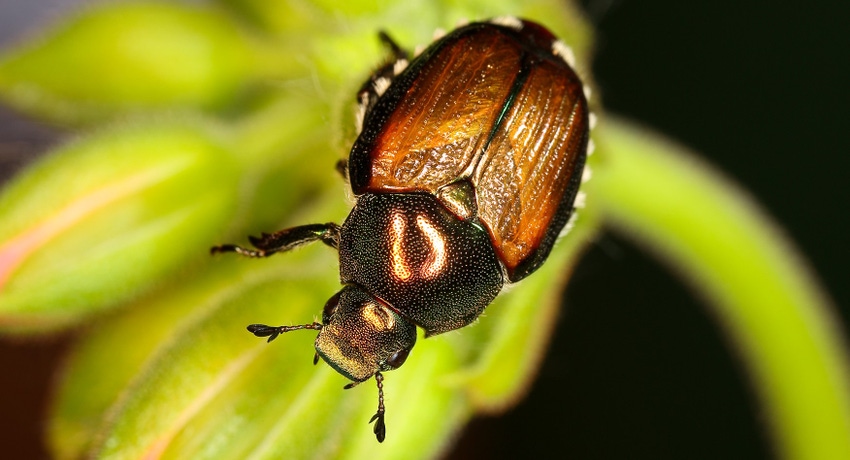August 2, 2021

Are invasive species hiding in your trees? State officials ask you to check trees, lights, outdoor equipment and standing water in your yard for harmful bugs as part of National Tree Check Month in August.
“August is the ideal time to look for invasive insects and report any species that seem out of place,” said Justin Bush, executive coordinator of the Washington Invasive Species Council. “Trees, lights and standing water (such as pools, dog bowls, buckets, birdbaths, etc.) near homes are great places to look for insects. Trees provide natural habitat, and lights and standing water can act as traps.”
“Checking yards regularly plays a critical role in protecting Washington’s unique environment from the destruction that invasive pests can cause,” said Karla Salp, public engagement specialist for the Washington State Department of Agriculture. “Alert residents can help spot infestations when they are easy to handle. This not only saves time and money, but more importantly significantly limits the damage that invasive pests cause to our gardens and yards, local and national parks and farms and forests.”
Residents who find a suspected invasive insect are encouraged to take a picture and report it via the Washington Invasive Species Council mobile app or website. The council then will connect residents with organizations that can help. Private owners of non-industrial forestland in Washington also may be eligible for assistance from programs administered by the state Department of Natural Resources.
“We need your help to find and report invasive species,” Bush said. “Invasive insects can be tree killers. They pose a significant risk to our communities, public lands and natural resources. If not found and stopped quickly, a new invasive species could cost millions if not billions in economic and environmental impacts.”
For details on how to participate, click here.
Source: Washington State Department of Agriculture, which is solely responsible for the information provided and is wholly owned by the source. Informa Business Media and all its subsidiaries are not responsible for any of the content contained in this information asset.
You May Also Like




